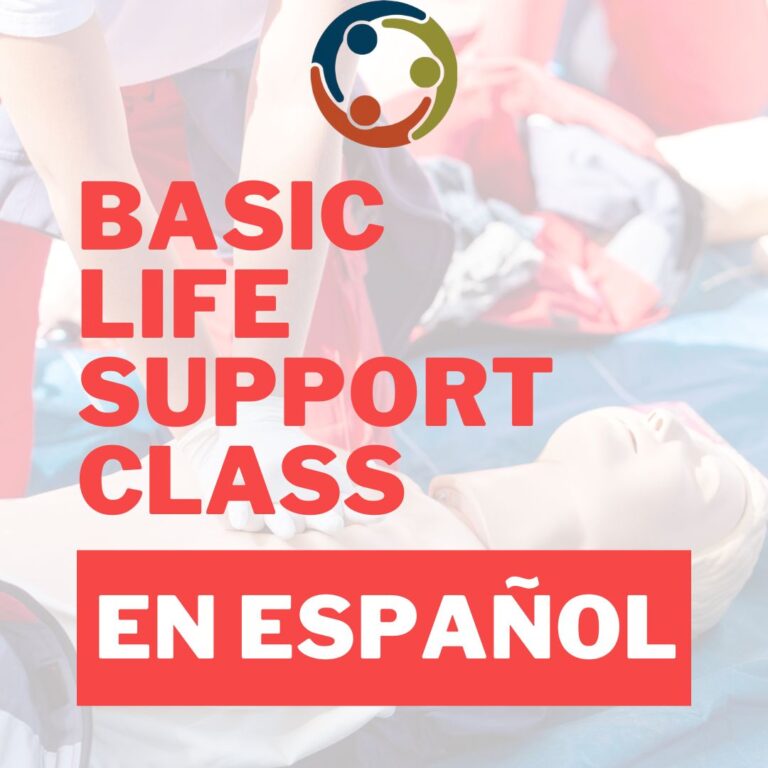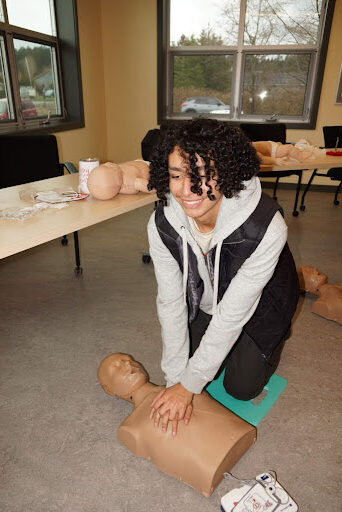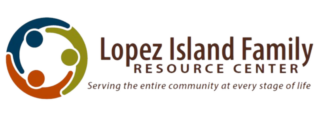
“Toward the end of last year, a friend of ours had to call the ambulance,” says Karina E. Cerda Aguirre, Bilingual Youth Programs Coordinator and Community Supports Associate at LIFRC. “They ended up OK, but it got the whole Spanish speaking community talking about what we might do in the case of a real emergency.”
Spanish-speaking Lopezians are integral to our island – they are working in our local businesses, raising families, providing home and elder care, and might be a bystander who could offer life-saving care. Yet, CPR, AED and First Aid classes are almost exclusively taught in English, leaving little opportunity to learn skills and get certification.
This is not unique to Lopez Island. Last year, after La Cima Lopez youth leaders first pointed out the disparity in life-saving training opportunities, LIFRC started searching across Washington and Oregon in search of a Spanish-language certification course that didn’t have an exorbitant corporate fee. We realized that we were going to have to build our own.
Luckily, funds from OSPI’s Building Bridges grant enabled Karina to create a project co-led by La Cima youth. Then through our collaboration with NorthSound ACH, we connected with United General #304 who were already in the process of certifying a bilingual Spanish course trainer.
We leapt at the chance to pilot the first CPR/AED/First Aid training in Spanish! In February, LIFRC hosted United General’s Gabe Evenson to certify 10 La Cima Lopezians. It was a smashing success!

Having as many people prepared to help one another is the Lopez Island way. Our deepest hope is that one, (or several) of these participants will be inspired to continue learning life-saving skills and become a certified course instructor. And maybe one day soon, someone from this cohort will become the first bicultural, bilingual islander to join the Lopez Island EMS team.
One participant exclaimed, “We are so happy to be able to take this course! Now, God forbid, we ever find ourselves in an emergency situation, we will feel more confident about what to do.”
After word spread, many Spanish speaking community members wished they’d had the opportunity to take the training too. There are already 34 people registered for the two additional sessions scheduled on April 15th and 16th. Karina is also talking with partners on Orcas and San Juan to extend the training to other islands

